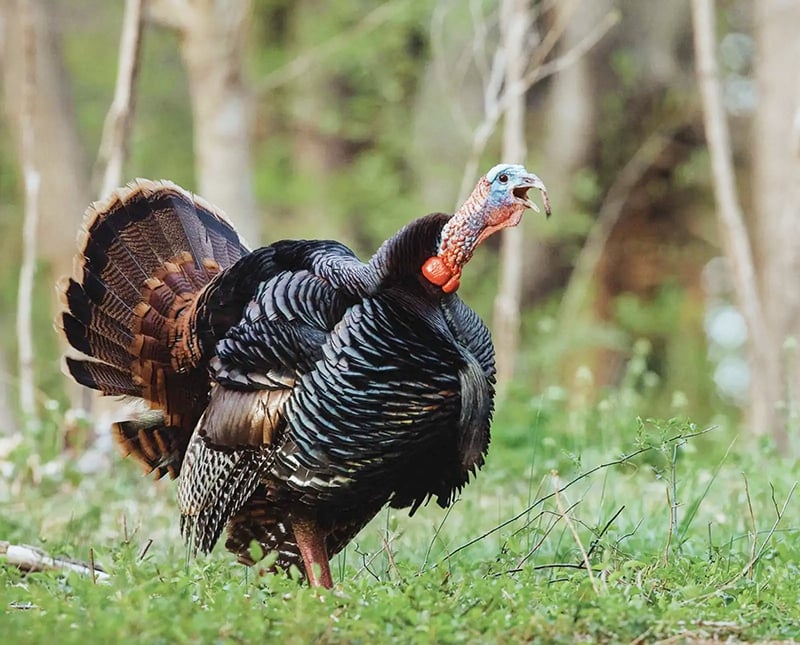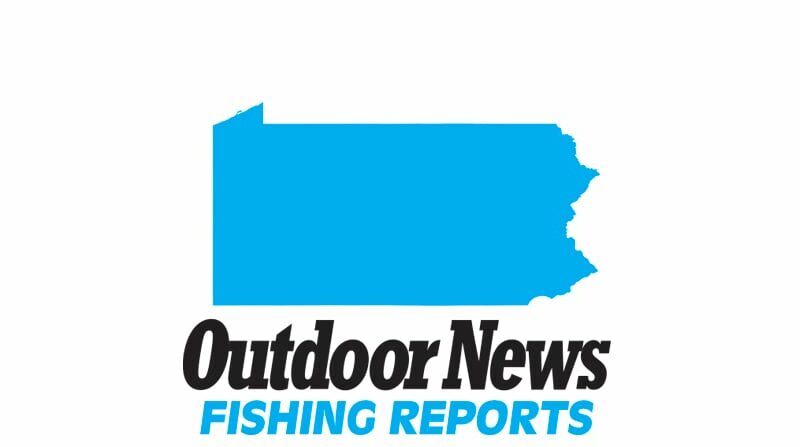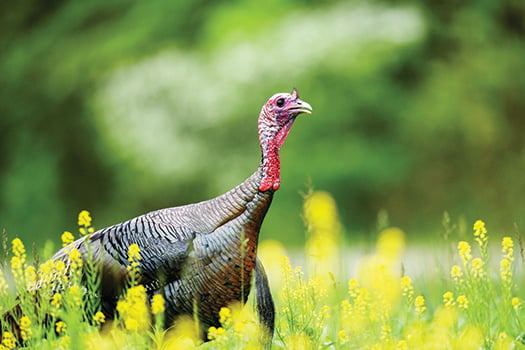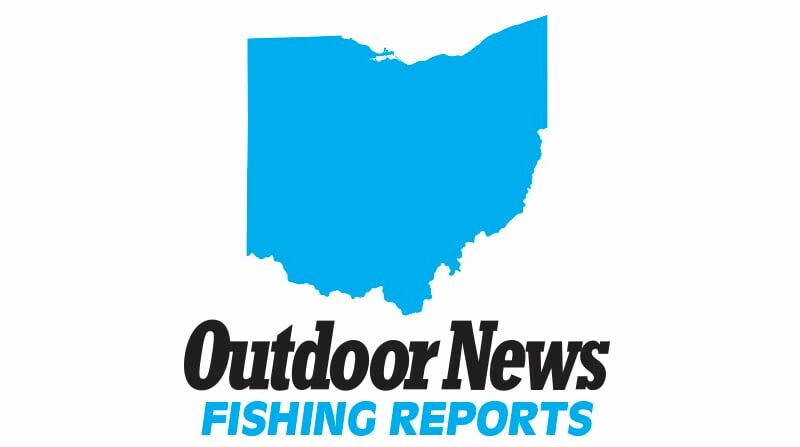Commentary: Hunting and fishing license dollars aren’t enough for conservation – Outdoor News

Editor’s note: Russ Mason is a regular contributor to Outdoor News publications.
Legislation that addresses the root causes of a problem is far less common than legislation that addresses its symptoms. For this reason, it’s both predictable and unfortunate that the Michigan Department of Natural Resources and the Michigan Legislature are once again considering a hunting and fishing license price increase.
Without doubt, the department’s Wildlife and Fisheries Divisions are in increasingly desperate need of new funding. Yet the cause of this shortfall isn’t that hunters and anglers pay too little for licenses. Instead, its that everyone else pays nothing at all.
Both divisions are doing too much with too little, and increasingly, their priorities have little or nothing to do with sportfish or game species management, per se. In business terms, both divisions and the department are guilty of premature scaling and overtrading.
Both Fisheries and Wildlife have expanded too quickly (premature scaling), with the aim of meeting new (non-paying) public expectations over invasive species, climate change, imperiled species, non-game species and increasingly popular recreational activities like bird-watching or “green bathing.”
MORE COVERAGE FROM MICHIGAN OUTDOOR NEWS:
Outdoor Observations: Fee increases for Michigan hunting, fishing licenses not a given after all?
Illegal snagging of fish remains an issue on Michigan rivers
Judge to decide if science was used in setting Michigan’s coyote season dates
As well, both divisions are guilty of taking on more products (i.e., management priorities) and customers (i.e., new recreational emphases) than they can manage with the available resources.
In other words, the Fisheries and Wildlife divisions are doing too many things that don’t generate income and are unwilling to prioritize expenditures to protect the interests of paying customers (hunters, anglers).
Recent press reports suggest that the department would rather curtail what remains of its once quality programming (e.g., mission critical hatchery activities, managed waterfowl areas, state game areas) than to admit that it has accumulated too many unfunded priorities and that its financial difficulties are in large part due to allocating/diverting fish and game funding to the care and feeding of offices and programs fundamentally unimportant or irrelevant to sportfish and game management.
Because hunter and angler numbers are declining, these facts assure that funding problems will remain and increase, no matter how much is charged for a license.
RELATED COLUMN FROM OUTDOOR NEWS:
Bob Gwizdz: Michigan sportsmen and women set to bear brunt of resource management funding… again
The obvious and equitable solution to the current funding shortfalls is likely some combination of: (a) broadening the funding pool beyond hunters and anglers and (b) extending license purchase requirements to anyone that benefits from Fish or Wildlife division activities.
Neither of these obvious possibilities are part of the current conversation; it’s important to understand why.
First, the prime directive of the Michigan Department of Natural Resources over the last several administrations is for the department to be seen but not heard.
That’s because fish and wildlife conservation are rarely gubernatorial priorities (despite more or less empty assertions to the contrary). Raising license costs are expected and “seen”; the strategy has little to no disruptive effect. Conversely, proposing an alternative funding mechanism to support priorities other than sportfish and game species conservation is unexpected and most definitely “heard”; the strategy is obviously disruptive to what the administration considers other “more important” conversations.
Second, legislators lack political will. Forty years of professional experience demonstrates, at least to me, that most politicians are unwilling to lead initiatives that generate controversy or disturb the status quo.
Third, hunters and anglers are their own worst enemies. They reliably argue against making new stakeholders pay because then the new stakeholders “get a seat at the table.”
The facts suggest that these new and emerging stakeholders already have seats at the table, got those seats for free, and more often than not sit close to the head of the table.
Evidence of this is abundant and ranges from nonsensical “quiet periods” to protect breeding coyotes to long-standing departmental and legislative reluctance to consider sandhill crane hunting.
Hunters and anglers would be wise to ask where, exactly, their license dollars (and the excise taxes they generate) are being spent.
At the very least, any license increase should be accompanied by unambiguous and directive language that stipulates that, above all, new funds assure and improve deer management, waterfowl hunting areas, habitat improvements for upland game birds, and mission critical stocking fisheries programs before it can be spent, literally, on anything else.






